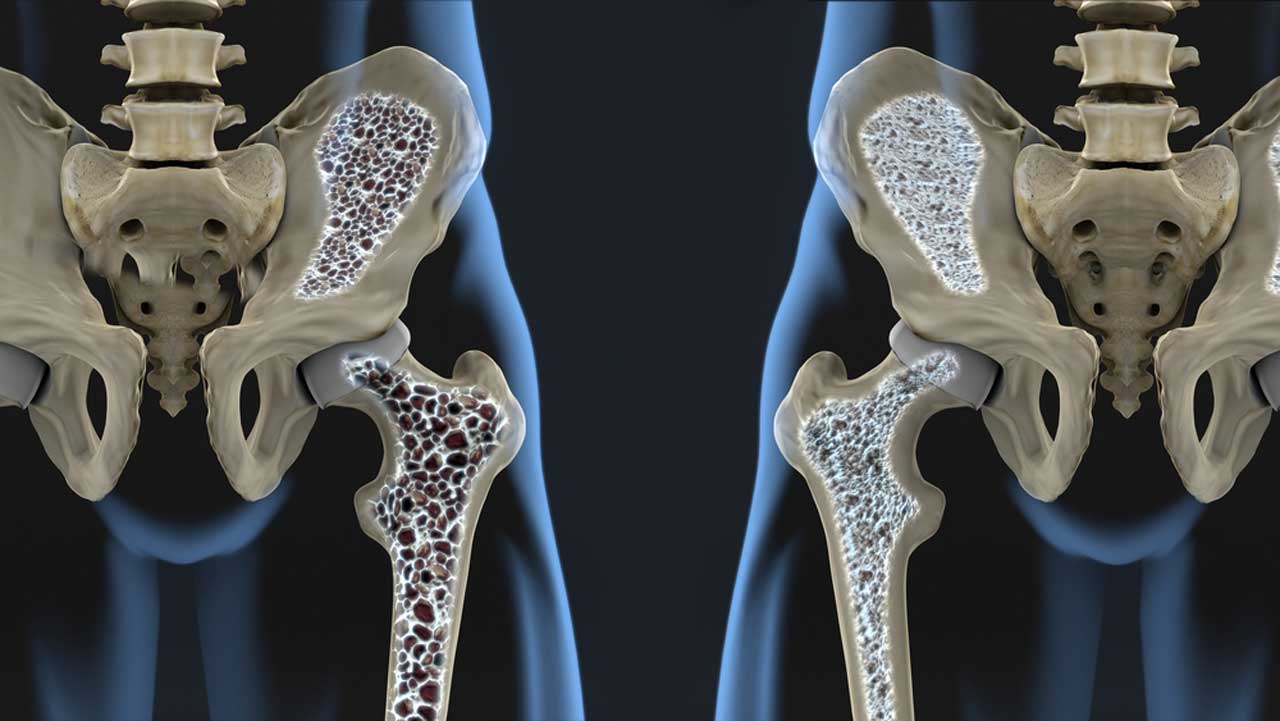
Recommend five-point strategy for better delivery
PHARMACISTS under the aegis of the Pharmaceutical Society of Nigeria (PSN) have berated politicians and political parties on their plans for the health sector even as they recommended five steps on how to boost services in the country.
President PSN, Mr. Olumide Akintayo, has challenged the major political parties to engage the professional associations and even trade unions in the health sector on a broad-spectrum range of issues from the welfare of health workers to other key policy thrusts that will shapen the face of healthcare in Nigeria.
Akintayo, in a statement over the weekend, said the PSN considers it, in apocalyptic terms, necessary that the People’s Democratic Party (PDP) and All Progressive Congress (APC) come up with specific action plans in five key areas.
The pharmacists recommended these five key steps to improve healthcare delivery: ensure Universal Health Coverage (UHC) including Community Based Social Health Insurance Programme (CBSHIP); well defined welfare package for health workers which redresses attendant stress junctions that have resulted in recurrent and perennial strike actions; an acceptable Public-Private-Partnership (PPP) initiative for some services in the health system to promote efficacy, boost competences and build capacity in the private sector; government at the centre must come up with reforms that will usher a petrochemical industry which is the precursor for genuine industrial revolution across board; and investment in research and development through substantial financial rates for the National Institute for Pharmaceutical Research and Development (NIPRD).
The PSN insists that the PDP and APC must organize town hall meetings, which inculcates the stakeholders in health especially the professional associations and the trade unions.
The pharmacists urged politicians across all sides of the divide to conduct their activities with decorum so that there will be a united Nigeria to preside over after the much talked about elections.
The statement signed by Akintayo reads: “The Pharmaceutical Society of Nigeria has continued to appraise the totality of political happenings in Nigeria in recent months and we wonder at this junction albeit loudly that as usual politicians have failed woefully at all levels (Federal and State) to imbibe expected rules of engagement with regards to pharmacists and other key stakeholders in the health sector.
“One would have assumed that a perpetually boiling multidisciplinary sector like health with an array of frontline professionals would normally be a focus of special attention for serious politicians in the business of nation building. If health is wealth like a common cliché professes, then we cannot be consolidating economic designs and plans on all spheres without thinking of the health of the people.”
On recommendation for UHC and CBSHIP, the PSN further explains: “A need for universal coverage is acceptable, but the condition precedent is to harness and consolidate the philosophy of a managed care concept that is statute entrenched.”
To achieve quality assurance in the PSN’s version of social health insurance, Akintayo said it is important to encapsulate the following:
•Canvass a consolidated healthcare funding which requires first line deduction of at least five per cent for healthcare delivery. This helps in funding the subsidy gap.
•Promote the culture of corporate social responsibility by enlisting support of the banking, oil and gas and telecoms sectors which are the frontliners in the Nigerian economy.
•The National Health Insurance Scheme (NHIS) must partner the PSN and its appendages to champion a credible drug supply scheme by facilitating the involvement of major manufacturers and importers in the NHIS.
• The NHIS Governing Council must re-establish linkages with the highest level of Government to nurture the required political will to ensure success for the Scheme.
• Calls for massive advocacy to sell the new Scheme to the Health consuming public and to ensure a proper understanding of the workings of Health Insurance by the Nigerian public.
• Notes that one of the major functions of Health Maintenance Organisations (HMOs) is the establishments of quality assurance system as earlier mentioned and regret the near absence of the important function. This explains why providers not qualified for particular functions were allowed to offer such services at the detriment of the enrollee.
•Aware of the important role cost containment plays in ensuring survival of the Scheme, we are recommending a set of incentives and sanctions to encourage providers to comply strictly with the operational guidelines.
On the PPP, Akintayo said the models must be worked out with the relevant professional associations and professional regulatory councils as they arise.
On the call for reforms that will usher a petrochemical industry which is the precursor for genuine industrial revolution across board, Akintayo said: “The moment Nigeria comes up with benzene plants, then the inertia for primary manufacturing is established in contrast to the stuttering fortunes which we have continually witnessed in our country.
“At a time when we place emphasis on diverse sources of Internally Generated Revenue (IGR) because a mono-based economy comes with too much limitations and complications, government must exploit the vast expertise available in the pharmaceutical sector by making Nigeria a destination of choice for drug manufacturing in the foreseeable future.
On call for investment in research and development through NIPRD, Akintayo said: “It is the shame of a nation that at time of national health emergences we depend entirely on other nations to provide vaccines and medicines for clinical disease states that are exclusive to the tropics. This must change in the envisaged new dispensation.”





